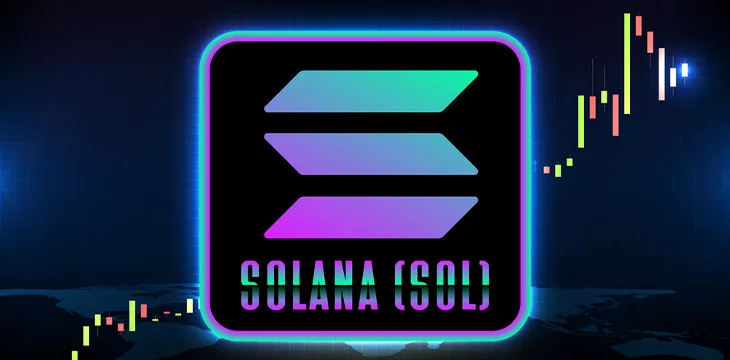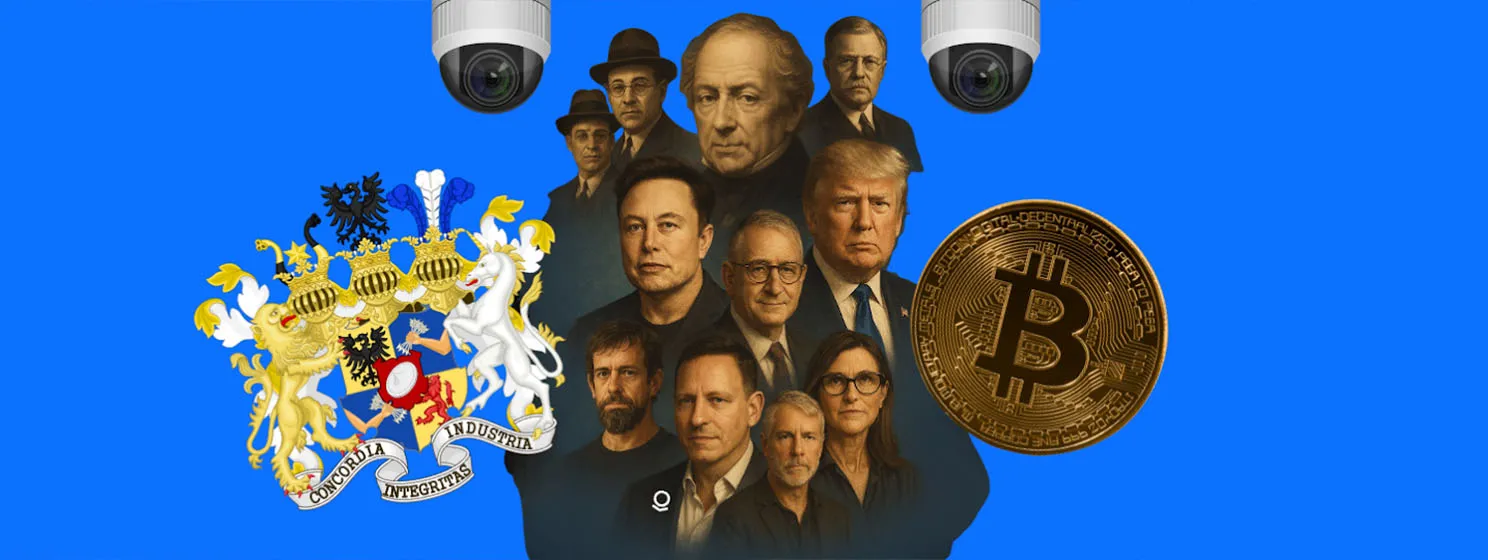|
Getting your Trinity Audio player ready...
|
This week, the Solana Foundation unveiled a set of new token extensions enabling out-of-the-box functionality for developers.
The extensions replace the need to write custom smart contracts and enable functionality like compliance, confidentiality, and interest. For example, users can utilize a ‘transfer hook’ to check if the recipient is on a KYC-allowed list.
The release shows that the trend toward tokenization is only picking up steam in 2024. It also proves that those thinking ahead know enterprise use of blockchains is key.
Why is token functionality so important?
There’s no doubt that tokenization is the way of the future. BlackRock CEO Larry Fink recently called the spot BTC ETFs “stepping stones” toward tokenization. Fink and other bankers are beginning to understand that real estate, stocks, bonds, promissory notes, currencies, and other financial instruments will live on blockchains in the not-too-distant future.
However, more than just financial instruments can be tokenized. Ultimately, we’re looking at tokenizing everything from music albums to tickets to certificates of authenticity for luxury goods. With all tokens living on a single immutable ledger, new levels of transparency will be reached, hitherto unimaginable insights into supply chains will be unlocked, and the entire global economy will become more efficient.
Of course, not every firm wants to have to write smart contracts from scratch for everything. Extensions like those announced by the Solana Foundation are the right way to go, and making blockchain as user-friendly as possible is the right idea.
That said, one major problem with all of this is that it’s still happening on blockchains that don’t scale.
Solana isn’t the right blockchain
The Solana Foundation Head of Payments, Sheraz Shere, excitedly announced the plugin extensions and that Visa (NASDAQ: V), Worldpay, Stripe, Google (NASDAQ: GOOGL), and Shopify have built applications on the Solana public blockchain.
That’s awesome, but Solana won’t work out in the long run. Over the past several years, CoinGeek reported on how the Solana blockchain imploded; developers simply switched it back on and off again, and the entire DeFi ecosystem was fake.
All of this aside, the Solana blockchain doesn’t scale. Right now, it is handling around 2,300 transactions per second. While that’s a heck of a lot more than beleaguered blockchains like Ethereum, it’s the literal starting line for the original Bitcoin protocol (BSV blockchain). The latter can do 100,000 transactions per second and is set to surpass one million with the impending release of Teranode.
While some of the innovation on Solana is admirable, and let it be said that some of its developers and the apps they have built are world-class, they’re building on the wrong blockchain. Anything that can collapse in such spectacular fashion multiple times and can be reset by a set of centralized developers isn’t going to be the system that underpins the global economy in the future, and everyone might as well accept that now.
It’s time to think about the future
We’re now 15 years into the blockchain industry; Bitcoin was released in January 2009. Yet, still, it seems that firms as large as Google and Visa don’t yet grasp the bigger picture, or perhaps they don’t want to.
Either this will exist on one global ledger, which will necessarily be the most scalable one, or none of it matters at all. The entire point of blockchain technology is to have an immutable evidence trail—a ledger of truth with time-stamped transactions going back to the beginning. Having multiple blockchains is pointless, and just as the internet ended up on one network, there will end up being one global ledger, too.
Solana isn’t going to be that ledger—it already caved at 2,000 transactions per second. The Visa network alone can handle 65,000. All the world’s financial transactions alone would take millions, and that’s before we start talking about peer-to-peer messages and data exchanges.
The original Bitcoin protocol (BSV) is the only one that will scale to handle such a gigantic transaction throughput. It was designed that way from the outset by the one who started it all, and it’s scaling just as he said it would.
The existing Visa credit card network processes about 15 million internet purchases per day worldwide. Bitcoin can already scale much larger than that with existing hardware for a fraction of the cost. It never really hits a scale ceiling. – Satoshi Nakamoto
Follow CoinGeek’s Crypto Crime Cartel series, which delves into the stream of groups—from BitMEX to Binance, Bitcoin.com, Blockstream, ShapeShift, Coinbase, Ripple,
Ethereum, FTX and Tether—who have co-opted the digital asset revolution and turned the industry into a minefield for naïve (and even experienced) players in the market.

 07-18-2025
07-18-2025 





